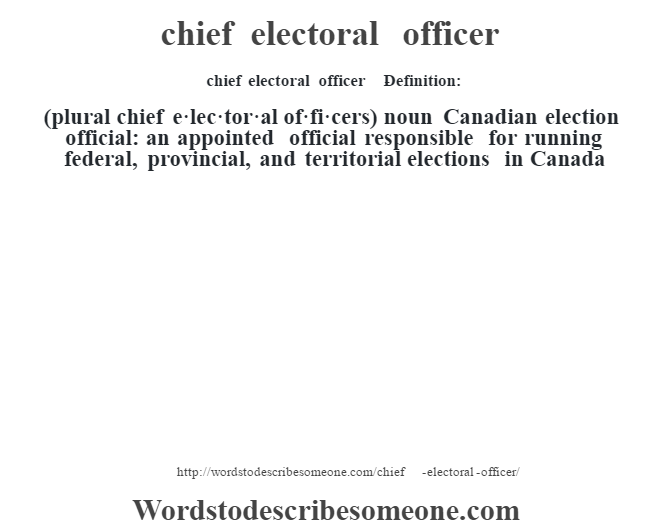
Before assistance is agreed and provided, the United Nations assesses the needs of the Member State to ensure that the assistance is tailored to the specific needs of the country or situation. United Nations electoral assistance is provided only at the specific request of the Member State concerned or based on a mandate from the Security Council or General Assembly. The United Nations plays a major role in providing international assistance to these important processes of change. Members of Congress may block policy that other members are working to pass, in order to satisfy what their constituents want.Elections are a vital part of democratic processes, including political transitions, implementation of peace agreements and consolidation of democracy. How might ideological differences in Congress slow down the policymaking process?ĭivided government in Congress can cause legislative gridlock, which is when members of Congress that have different ideology cannot compromise on certain issues, causing the policy to become stuck in Congress. Congresspeople that follow the delegate model act on policy that their constituents are in favor of. What are the differences between a congressperson acting like a trustee and a congressperson acting like a delegate?Ĭongresspeople that follow the trustee model will act on policy that they ideologically align with, and not necessarily what the people align with.

It also creates areas of Congress to be wary over what policy is disatisying or satisfying their district, based on what their population is in favor of. Redistricting can cause representatives to focus on passing policy that pleases their constituents, and less on what may be overall greater for the good of society in the long run.

How does redistricting affect the behavior of members of Congress? (Hope this makes sense and is not too confusing :) ) These are very influential in Congress as they deal with reelection and moving policy, and Congressmen always want to be reelected as much as they can to stay in Congress, and if they're in Congress they can pass laws. and logrolling (where a Congressman will vote on another Congressman's bill, in order to get votes on his bill in return) For example, an Interest Group, may push for a Congressman to vote for a certain law that would help the Interest Group's policies, and in return the Interest Group would do things such as vote for the Congressman next election and donate funds to their campaign.Īlso pork-barreling (where Congressmen will do projects in their home districts to increase their chances of reelection). It explains how these groups will do certain things to favor each other and mainly shows the influence of interest groups on Congress. Look into the "iron triangle", which shows the relationships between Congress, Interest Groups, and Bureaucratic Agencies(ex: FBI).
#Electoral processes definition how to
When one party controls one or more houses in the legislative branch while the other party controls the executive branch.Īn elected official who continues to hold political office during the period between the election and the inauguration of their successor.Ī member of Congress who takes into account the views of their constituents and use their own judgment to decide how to vote.Ī member of Congress who always follows their constituents’ voting preferences.Ī member of Congress who acts as a delegate on issues that their constituents care about, and as a trustee on issues that their constituents don’t care about. The act of changing the boundaries of an electoral district to favor one party over another. The process of adjusting electoral districts in the United States. When the government is unable to reach compromises or make policy decisions.


 0 kommentar(er)
0 kommentar(er)
